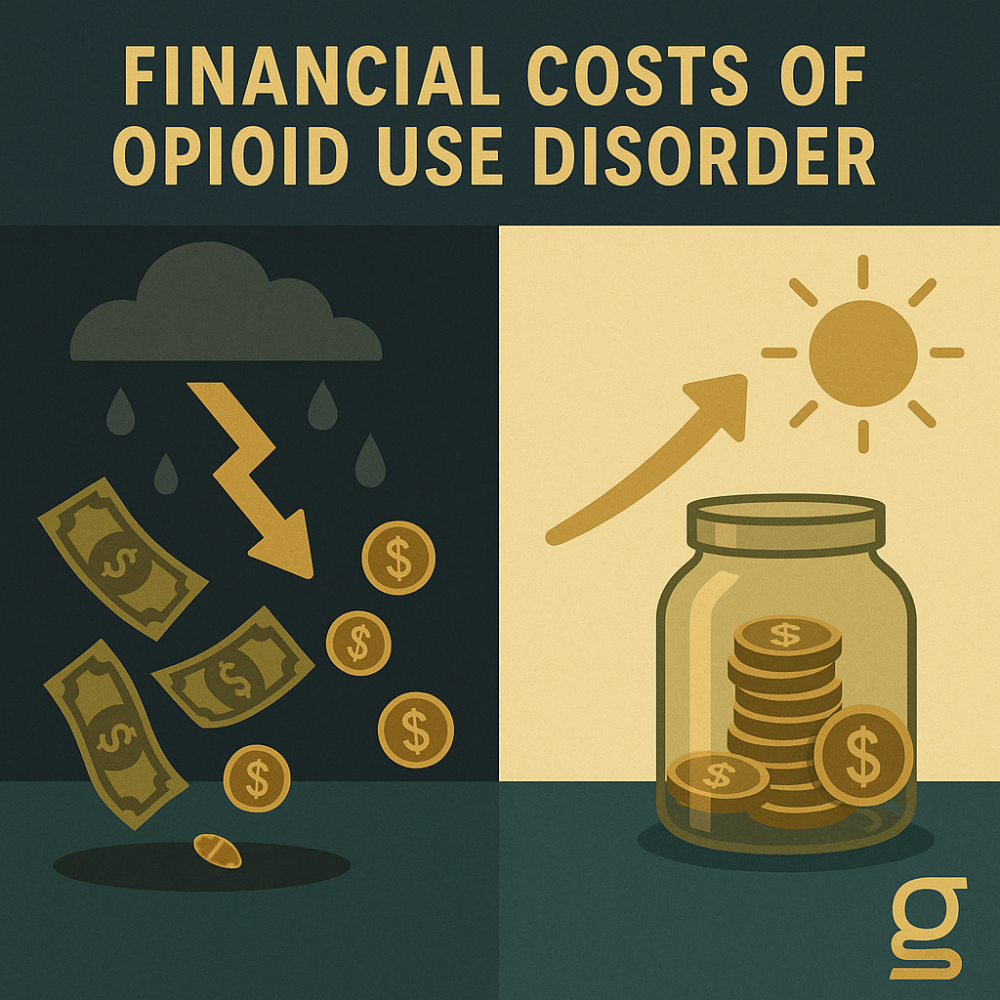Detox may not only be a new and frightening experience for you but your family as well. Whether or not you wish to tell your children where you are going is up to you. However, chances are that your behaviors related to substance use have not gone unnoticed in the home. While the conversation may be challenging, there are essential steps you can take to ease the transition of leaving to seek treatment.
Age-Appropriate Conversations
Once you’ve decided to go to detox, you may want to sit your children down and prepare them for your absence. It is essential to explain what is happening in age-appropriate terms. The message should be based on their level of maturity and their ability to process abstract concepts. For example:
- For toddlers, it may be best to keep language simple and avoid unnecessary details. It may be appropriate to explain that you are sick and need to go to a place where doctors help you get better.
- It may be appropriate to ask school-age children if they’ve noticed any changes in your mood or behavior. You can explain that these changes are caused by an illness called addiction and that you will be going to a safe place to get help from doctors.
- With teenagers, it is probably best to be direct and factual. Explain that you are suffering from the disease of addiction. Acknowledge how substance use has affected your mood, behavior, work, or relationships. You can also explain that doctors recommend you seek medical treatment where you can focus on getting better.
Essential Conversation Topic
It may be a good idea to explain to your children how long you will be away. The exact length of detox cannot be predetermined but averages at about a week. If you plan to attend residential treatment afterward, this will be about an additional four to five weeks to your absence.
Children thrive on routine. If any changes will be made to childcare, school pick-up, or extracurricular activities, it is best to explain these changes as clearly as possible. A calendar or written schedule may be helpful.
It can also be helpful to explain the detox facility you will be staying at. When explaining that you will be in doctors’ care, your children may picture you in a hospital setting. Showing your kids pictures of the facility or explaining activities that you will engage in may help ease any fear about what is happening.
Explain to your children that you will stay in touch. At Gallus Medical Detox Centers, we allow you to keep your phone or other personal electronics on your person. We understand the importance of family and keeping in touch. As long as it does not interfere with your treatment, you are free to talk to your children whenever you wish.
Having a caregiver present for a conversation with your children is a must. By doing this, you let your children know that they will be safely taken care of during your absence. This person can help you explain any changes to a schedule necessary and what their care will look like while you are away. Raising children takes a village – with other caregivers present, you represent a united front.
Talking Openly About Feelings
Allowing your children to ask questions and share how they feel about you leaving can help ease the transition. Emphasize that there are no wrong feelings; it is okay to feel anger, fear, or sadness. Validate these feelings and your children’s experiences with your behavior related to substance use.
Some children may feel as if they played a role in you developing substance abuse issues. The 7 C’s are a helpful tool in reassuring children that your substance use is not their fault. The 7 C’s include:
- Your children did not cause this. Emphasize that your children played no part in addiction development, and it was not caused by something they did or didn’t do. Acknowledge and take responsibility for your actions.
- Your children can’t cure addiction. Explain that addiction is a chronic disease in age-appropriate terms. As much as your children may want to help, ensure that you need a doctor’s care.
- Your children can’t control it. Children may feel powerless or helpless while you are abusing drugs or alcohol and have a desire to control your use. Help them to understand that only you can manage your substance use.
- Your children can care for themselves. Healthy ways of caring for themselves include communicating their feelings, making healthy choices, and celebrating themselves.
- Your children need to communicate their feelings. Encourage them to express themselves openly without fear of being judged or reprimanded. Make sure they understand how much you value their feelings.
- Your children should make healthy choices. Educate them on the risks of substance abuse to make smart and healthy decisions for themselves in the future.
- Your children should celebrate themselves. Make it a priority to celebrate your children and encourage them to do so too. This can help promote a positive atmosphere of self-love and self-appreciation.
If relationships are strained, it may be best to involve a therapist or interventionist in your conversation. These people can help move communication forward appropriately and effectively. In these settings, your children will be able to honestly communicate their feelings in a healthy setting.
Talk Openly About Drugs and Addiction
Having an honest conversation with your children about drugs and alcohol and how they may lead to addiction can help motivate them to make smart choices in the future. Explaining addiction can be hard, but talking about the different severities of substance use disorder (SUD) may be a good starting point. Based on the criteria used to diagnose SUD, you may range in severity of the disorder. You can explain the way in which your SUD affects you. You may have a mild SUD, meaning the body has developed a reliance on a substance because its natural state has been changed. You may have a moderate SUD, meaning substance use has affected you emotionally and mentally. These effects originate from the sense of euphoria that the substance creates, causing an individual to long for that feeling and think of it often. Severe SUD can affect your brain and behavior, leading to an inability to control the use of substances despite harmful consequences.
It is essential to have an open conversation about drugs and alcohol, especially with children approaching or in high school. Talking about popular drugs, such as marijuana, alcohol, or benzodiazepines, and their effects can educate your children to think twice before using a substance. Drug addiction can start with the experimental use of drugs or alcohol in a social situation. Encouraging your children to make healthy choices and be honest about drugs can create an atmosphere of trust in the household.
Entering detox can be frightening not only for you but for your children as well. Most likely, your children have noticed a behavior change and may suspect or know that you are using substances. Talking about where you are going and what life in your absence will look like with age-appropriate language is essential. Encourage your children to speak openly and honestly about their feelings and ensure them that your substance use is not their fault. Educating your children on the different types of addiction and various drugs and their effects may also help your children make healthy choices for themselves.
At Gallus Medical Detox Centers, we understand the importance of family. Our facilities allow the use of personal electronics to make sure both you and your children are comfortable and can communicate with one another. The detox process may cause uncomfortable and even life-threatening withdrawal symptoms. We use proprietary, evidence-based medical protocols that prioritize our patients’ comfort and safety to guide them through the detox process. Our personalized treatment is delivered in a safe and peaceful environment. For more information on how to start the detox process, call Gallus Medical Detox Centers at 866-272-5978.


 Steve B
Steve B 

 Casey Wilson
Casey Wilson